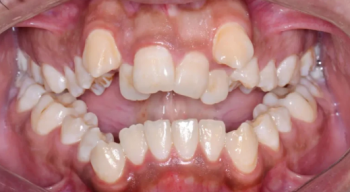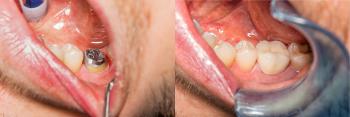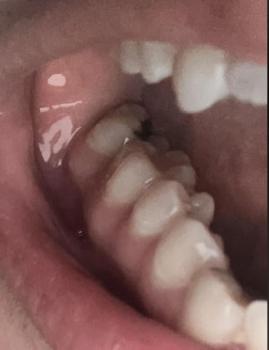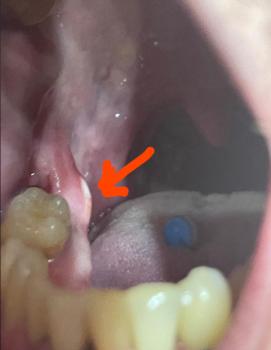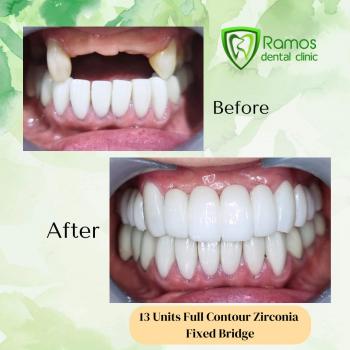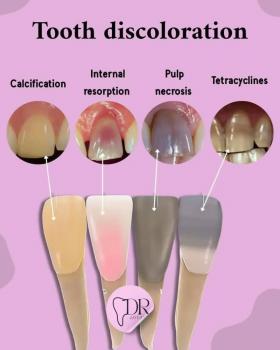Dentures That Feel Natural, Look Beautiful.
Wisdom Teeth: When Eruption Turns into a Dental Disturbance
Language :
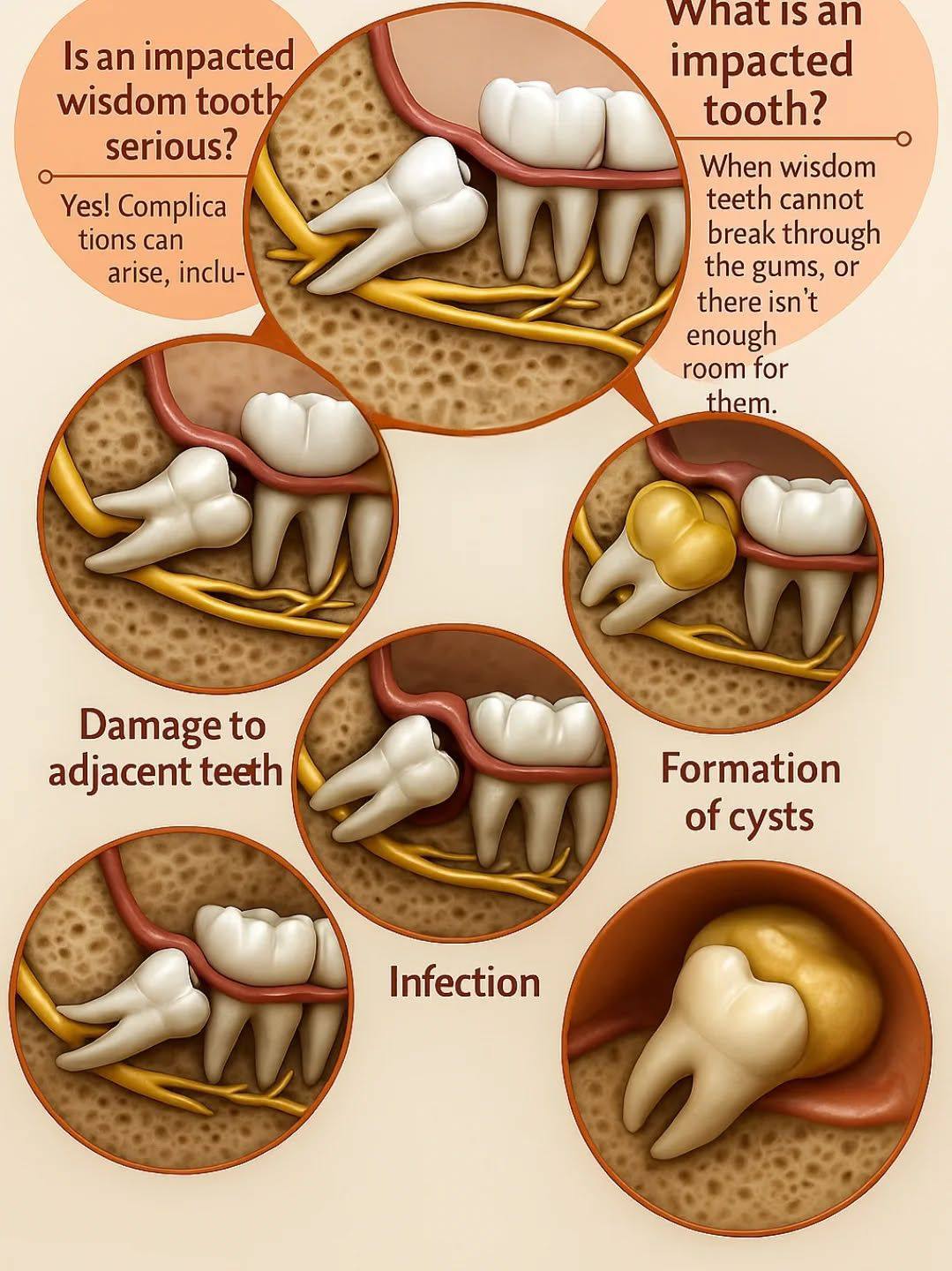
Topics:
Understanding the Impact of Wisdom Teeth on Your Oral Health
Wisdom teeth, also known as third molars, are the last set of teeth to erupt — typically appearing between the ages of 17 and 25. While some people experience no problems, others face serious complications when these teeth grow in the wrong position or become impacted.
What Happens When Wisdom Teeth Erupt Improperly?
An impacted wisdom tooth occurs when there’s not enough space in the jaw for it to emerge properly. Instead of coming in straight, the tooth may grow sideways, partially erupt, or stay trapped beneath the gums.
This can lead to several dental issues, including:
-
Pain and pressure in the jaw or gums
-
Damage to adjacent teeth as the impacted tooth pushes against them
-
Infection due to trapped bacteria around the partially erupted area
-
Formation of cysts that can erode bone and tissue
-
Gum inflammation or bleeding
The image above shows how impacted teeth can affect nerves, roots, and nearby teeth — highlighting the importance of early diagnosis and treatment.
How Dentists Diagnose Impacted Wisdom Teeth
The process begins with:
-
Clinical Examination – Checking for swelling, tenderness, and gum inflammation.
-
X-rays or Panoramic Scans – To determine the tooth’s position and angle.
-
Treatment Planning – Depending on the severity, your dentist may recommend removal before it causes more damage.
Early intervention prevents long-term complications and helps preserve the structure of neighboring teeth.
Client Experience: “This Happened to Me”
“Apparently when it was time to have my wisdom teeth removed, we discovered I was born with only three of them — and that single bottom tooth was impacted. It caused discomfort and pressure for months until my dentist advised extraction. The procedure went smoothly, and I even got to keep the other two teeth in a little jar as a souvenir!”
This real-life experience reminds us that even when symptoms seem minor, wisdom teeth can create hidden problems beneath the gums.
Dental Advice: What You Should Do
-
Schedule routine dental check-ups (every 6 months).
-
Get a panoramic X-ray in your late teens or early twenties to monitor eruption patterns.
-
If you experience jaw pain, swelling, or gum tenderness, consult your dentist right away.
-
Don’t delay removal if recommended — it prevents nerve damage and misalignment later on.
Wisdom teeth may seem like small molars, but they can have a big impact on your oral health. Whether you have all four, only a few, or none at all, understanding their growth and potential complications helps you make better dental decisions.
When in doubt, always seek professional evaluation. A simple X-ray today could save you from pain, infection, and expensive treatments in the future.

